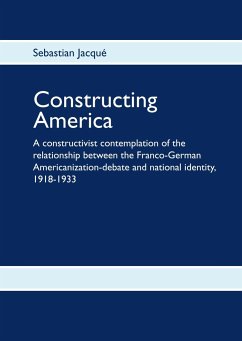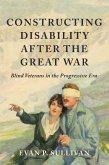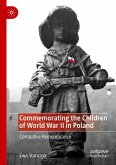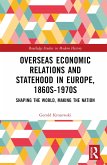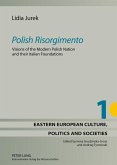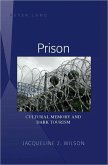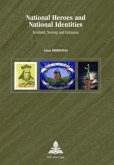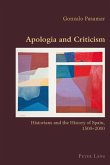The study on hand investigates the French and German Americanization-debate between 1918 and 1933. It thereby contemplates the works of authors which have significantly contributed to the interwar-debate about the USA and its influences on Europe. The focal point of the research thereby lies on the relationship between advocated pro- and anti-American images and the concept of national identity. Present study uses Constructivism as International Relations Theory to guide the research and methodologically rests upon a comparative case-study approach. The empirical section investigates the life and America-related work of Julius Hirsch, Lucien Romier, Adolf Halfeld and Georges Duhamel. In reference to these authors the research concludes that pro- and anti-Americanism in Germany and France during the 1920s were a catalyst for the creation, definition and refinement of national identity. Thereby the study not only affirms the functional relationship between the Americanization-debate and national identity but also illustrates the multilayered nuances of the discourse, which comprises subjective dimensions as much as historical and ideological ones.
Hinweis: Dieser Artikel kann nur an eine deutsche Lieferadresse ausgeliefert werden.
Hinweis: Dieser Artikel kann nur an eine deutsche Lieferadresse ausgeliefert werden.

